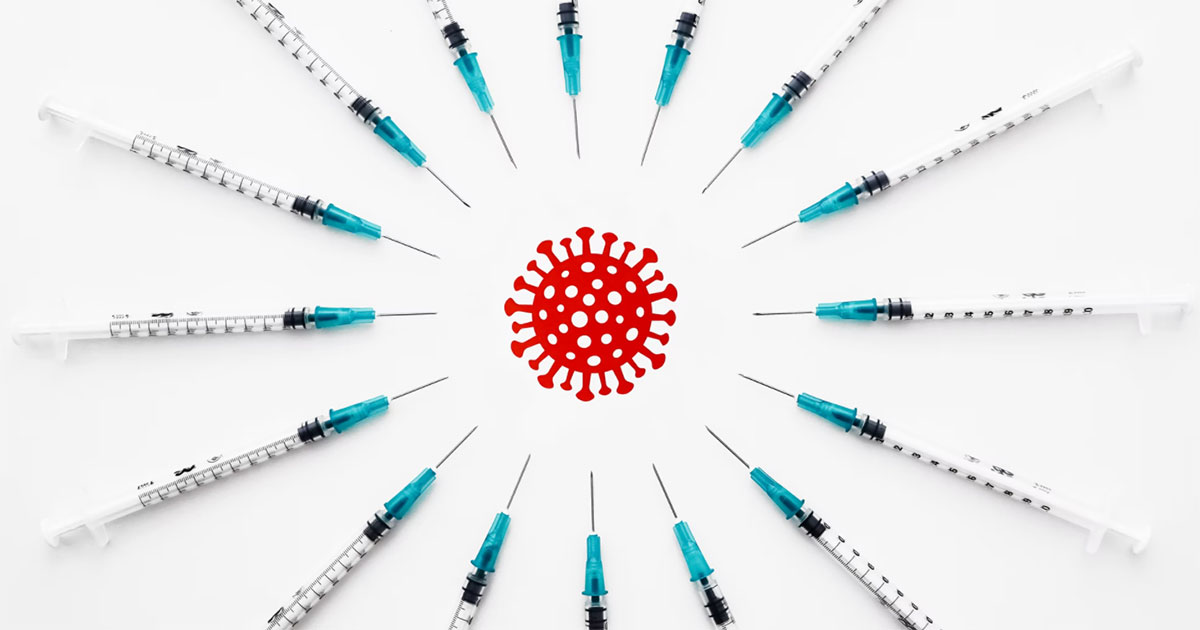Follow us on Telegram for the latest updates: https://t.me/mothershipsg
The Ministry of Health (MOH) in Singapore said on Dec. 5 that there is a higher likelihood of individuals who have recovered from Covid-19 to be reinfected with the Omicron variant.
In an update on Sunday, MOH added that the Omicron Covid-19 variant may be more transmissible and have a higher risk of reinfection compared to the Delta and Beta variants of the virus.
The update was provided after two imported cases in Singapore tested "preliminarily positive" for the Omicron Covid-19 variant on Dec. 2.
A third imported case was subsequently detected.
Singapore must expect more Omicron cases
Early clinical observations globally produced the finding of higher transmissibility and risk of reinfection, MOH said.
The health ministry added that Singapore "must expect to detect more cases at our borders and, in time to come, also within our community" with the new variant spreading globally and racking up numbers.
MOH acknowledged that "many questions remain with no clear answers", but said its press release updates our understanding of the Omicron variant.
The ministry has reviewed reports from South Africa and other countries, and actively engaged experts in affected countries to obtain first-hand information over the past several days.
Existing Covid-19 vaccines effective
MOH also said existing Covid-19 vaccines will still work on the Omicron variant, especially in protecting people against severe illness, calling this observation "an emerging view amongst scientists around the world".
The ministry urged those eligible to get vaccinated or to go for their booster jabs to protect against any existing and future variants of Covid-19.
Omicron not that deadly
In response to concerns regarding the severity of Omicron, MOH said cases infected with this Covid-19 variant have "mostly displayed mild symptoms".
MOH added that no Omicron-related deaths have been reported so far.
Sore throat, tiredness and cough, are common symptoms instead.
Studies so far show antigen rapid tests and polymerase chain reaction tests are effective in detecting Covid-19 infection, including Omicron cases, MOH added.
Why younger people in Africa reported to have Omicron
MOH also said there could be two reasons why there were more Omicron-related hospitalisations among younger people in South Africa.
One reason could be due to an overall high infection rate among the population, or existing patients who are hospitalised testing positive for the variant while in hospital.
MOH provided the context that the outbreak in South Africa was first detected in a university town with a younger demographic, and hospitalisation stays for this demographic have been short at about one to two days, instead of being prolonged.
As it is still "early days", MOH said it will collect more information on older individuals infected with the Omicron variant to compare its severity with the Delta variant.
Top photo via Unsplash
Follow and listen to our podcast here
If you like what you read, follow us on Facebook, Instagram, Twitter and Telegram to get the latest updates.
